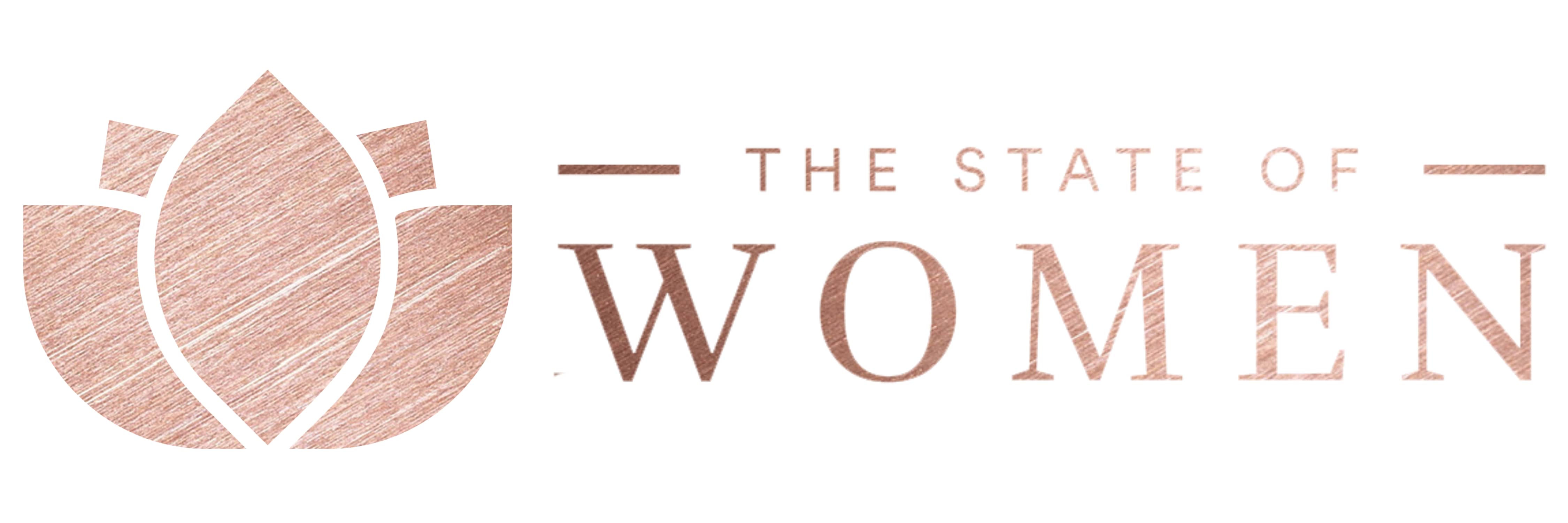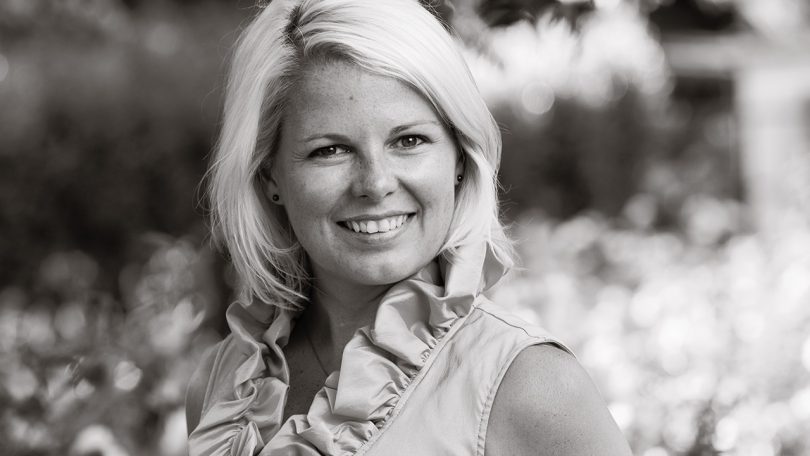Candace Klein, chief strategy officer of Dealstruck and founder of nonprofit Bad Girl Ventures, uses her expertise as an attorney and serial entrepreneur to advocate for startups, educate female entrepreneurs and provide small businesses with the tools to succeed. We sat down to ask her about entrepreneurship, investing in women, being a “bad girl” and how women can better invest in themselves.
Can you tell us about the “Bad Girl” label with Bad Girl Ventures? Do you still believe it’s just as important to be a “bad girl”?
Oh, yeah; it’s just as important. The reason I chose the “Bad Girl” brand is I was talking about women who are bold, brave, willing to take risks for what they believe in and think outside the lines, and not every woman is cut out to be a bad girl; not every woman is cut out to be an entrepreneur. It takes a special fire in the belly to be successful, particularly in tough times, which I’ve gone through myself. It’s the tough times when you really kind of separate the good girls from the bad girls.
You’ve had an unconventional path. When did you first consider yourself a serial entrepreneur, and has your experience with startups been unique as a woman?
I actually didn’t start out as thinking of myself as an entrepreneur at all; I was a lawyer representing small businesses and banks, and I had run and started nonprofit organizations before, but I had never thought of myself as starting my own business. And then as I was practicing law and representing small businesses I started to see a problem, and the problem was that the banks weren’t lending to small businesses, particularly in 2008 and 2009. And so I started my first company in 2010, not to be an entrepreneur but because I thought I was filling a social need, and that was Bad Girl Ventures. It wasn’t until 2011, when I’d started a second company, that I started considering myself a serial entrepreneur. And I guess my definition of that is a person who consistently sees problems, in industry or a market or a sector of the community, and is consistently trying to find new and innovative ways to solve those problems—which is what I consider myself.
Your efforts center so much on facilitating funding, investments and opportunities. Do you see that as a gendered issue? Is it more difficult for women to secure investors?
I do think it’s a gendered issue. I used to look at it from the viewpoint that lenders and investors were not investing enough in women, and that it was an underserved market, and so that was originally my passion and what I was trying to solve. I’ve changed my mind since then. It’s not so much an issue of getting investors to make investments in female-run businesses, as much as it is educating females on how to better set themselves up for success to raise capital. Women tend to not think as big when it comes to financial projections and return on investment. They just don’t think big enough, and that’s part of the reason why they have not been as successful, particularly in raising venture capital, angel capital and private equity.
You’ve talked before about women’s social networks playing a big role. Do you think women tend to approach entrepreneurship differently, more socially?
I think it’s a double-edged sword. naturally more social but they’re not willing to take social risks. I see female entrepreneurs who have great ideas; they have phenomenal concepts; they have prototypes, and the only people that they find themselves reaching out to and socializing with and building relationships with are other women in their own circles. I always encourage women to push that pitch to the real investor, the one who’s going to write a check. I would encourage women to be seeking our own diverse base.
You’ve emphasized that girls and young women should get interested in entrepreneurship. How do we get them more interested in that age? Isn’t it a tough subject to get a handle on?
I think we should be starting with our girls when we’re reading them books at the toddler age. Reading them books and materials and introducing them to concepts of women in leadership, whether that be through entrepreneurship or policy or volunteerism and philanthropy. There are a number of ways that young girls should be taught about women in leadership. But I honestly think there are some schools that are teaching. They are starting to teach finance and economics as early as middle school, and I think that that’s an important step toward understanding entrepreneurialism: understanding finance and numbers. And so that’s one of the reasons I’m also a big supporter of science and technology early on in the education system and particularly for girls. Because we tend to shy away from numbers, and that doesn’t serve us well later in life if we want to start a business, even if it’s a salon or the typical female-focused businesses. We could be far more successful in those businesses by simply understanding our numbers earlier in life. If you can teach foreign languages to children at the age of 5, why are we not teaching economics?







